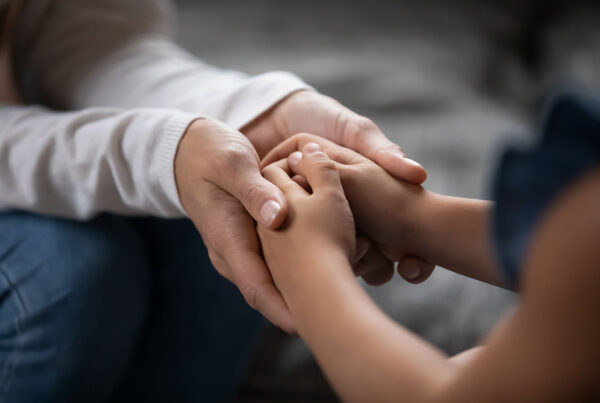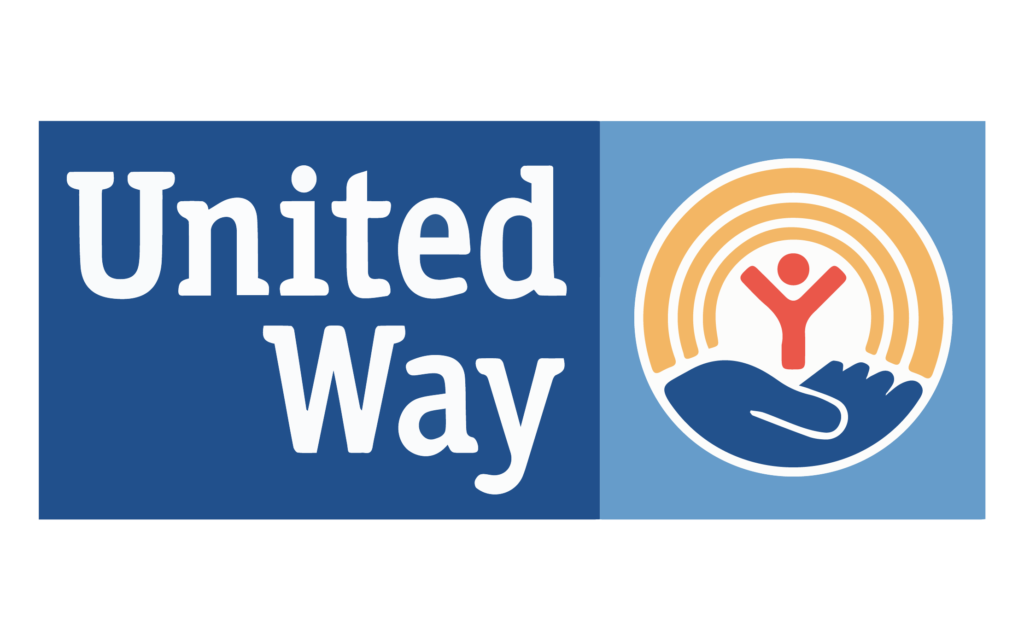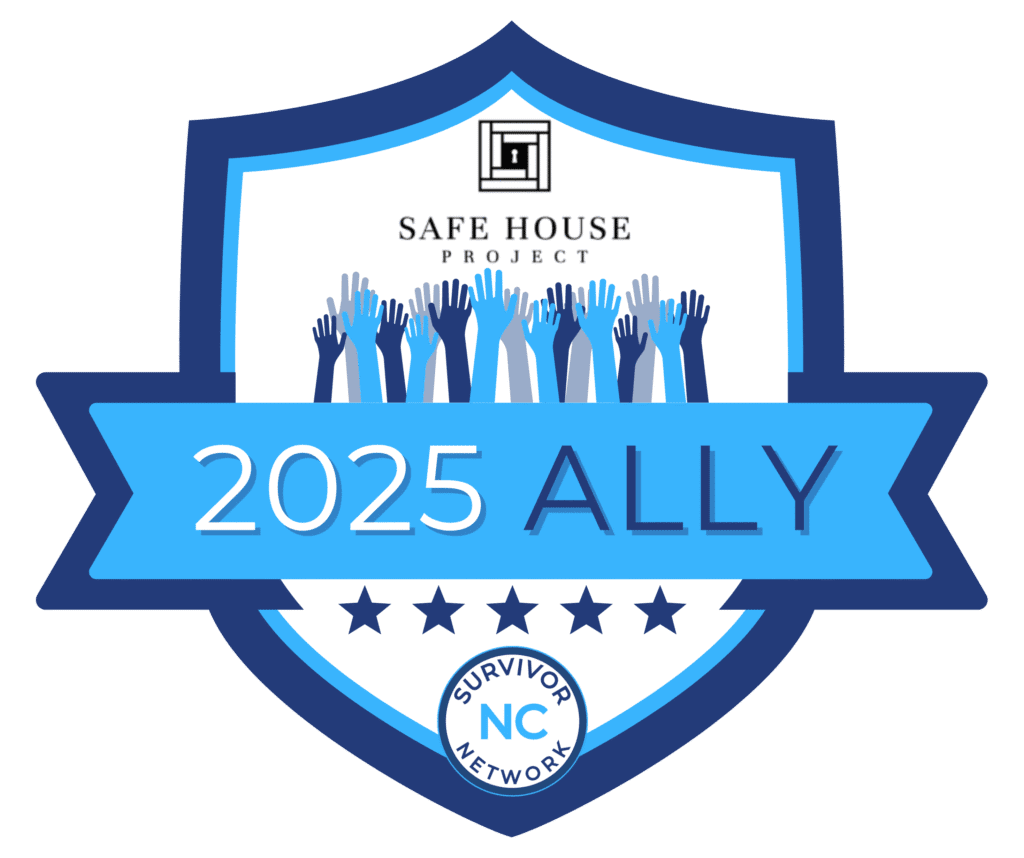For too long, solutions to human trafficking have been built for survivors without being shaped by them. This approach has often overlooked a fundamental truth—autonomy is the foundation of healing. When someone has been stripped of their freedom, forced into exploitation, and denied the ability to make choices about their own life, true restoration begins with returning that power to them.
Why Survivor Autonomy Matters
Survivor autonomy is not just about basic decision-making; it is about restoring dignity, agency, and control after those fundamental rights were taken. Traffickers manipulate, coerce, and isolate victims, stripping them of independence. To break this cycle, we must do more than support their exit from exploitation and provide services—we must create systems that actively empower survivors to choose their path forward.
Many existing programs and policies, while well-intentioned, fail to center survivor autonomy. We see this in:
- Referral systems that push survivors into programs without considering their individual needs.
- Legal processes that exclude survivors from shaping policies that directly impact them.
- Well-meaning advocates making decisions on survivors’ behalf rather than equipping them with choices.
These gaps create barriers to meaningful recovery, leaving many survivors feeling unheard and unsupported. If we are serious about eradicating trafficking, we must prioritize solutions that return power to survivors, not simply dictate what they need.
Solutions That Support Survivor Choice
Developing survivor-informed policies and services requires a shift in mindset—from treating survivors as passive recipients of aid to active participants in shaping their future. Here’s what that looks like in practice:
- Survivor-Led Program Development
Survivors must be at the decision-making table. Policies, services, and anti-trafficking initiatives should be co-created with those who have lived experience. When survivors help design programs, those programs become more relevant, effective, and responsive to real-world needs.
- Expanding Accessible and Flexible Support Options
Survivors need options. One-size-fits-all solutions do not work. Whether it’s housing, legal aid, or job training, survivors should be able to choose what best fits their situation—not be forced into pre-set pathways that may not align with their needs.
- Respecting the Right to Privacy and Safety
Many survivors hesitate to seek help because of fears around law enforcement involvement, exposure of personal information, or re-traumatization. Systems must protect survivor confidentiality and ensure they feel safe making decisions about their next steps.
- Economic Empowerment and Long-Term Stability
Survivors need more than crisis response—they need economic independence. Job training, career pathways, and financial literacy programs should be embedded into survivor services so they can build a future where they are not vulnerable to re-exploitation.
The Urgency of Now
Survivors, advocates, and frontline professionals alike are tired of systems that don’t work. We hear the frustration from those who have waited 45 minutes on a hotline only to receive outdated referrals, who have been placed into programs without choice, and who have struggled to navigate a system that doesn’t listen.
We can and must do better.
Survivor autonomy should be a cornerstone of anti-trafficking efforts, not an afterthought. By designing survivor-centered solutions that return power and choice, we move beyond rhetoric and toward real, sustainable change.
The fight against human trafficking is not just about removing individuals from exploitation—it’s about ensuring they have the freedom, resources, and support to reclaim their lives on their own terms.
If we want lasting impact, we must ask ourselves: Are we truly empowering survivors, or are we just managing them? The difference between those two approaches will determine whether we create real solutions—or continue repeating the same mistakes.
It’s time to choose better. Survivors deserve nothing less.







